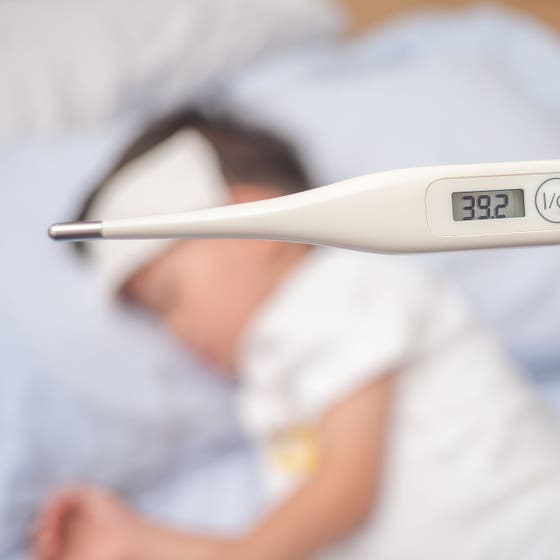Infection and Immunity nieuws
Mar 28: Rapid and extensive research into medicines for corona
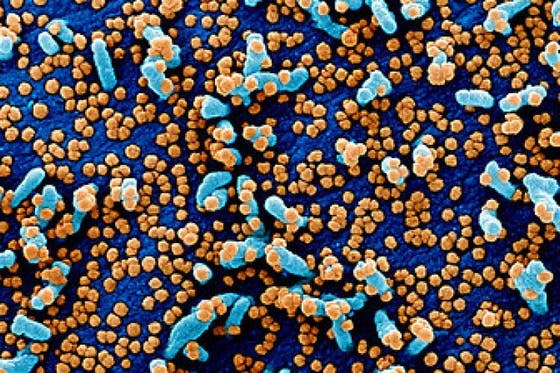
Can drugs that inhibit other viruses also cause patients with COVID-19 to recover? UMC Utrecht is participating in international research to find out. "The starting point is that we quickly find out which of these drugs best reduces the serious symptoms," says researcher and physician-microbiologist dr. Miquel Ekkelenkamp. “This study is important because there is no vaccine and no medicine yet. The disease is serious and we are left empty-handed.”
Read moreMar 18: Study into better protection for healthcare workers against coronavirus infection
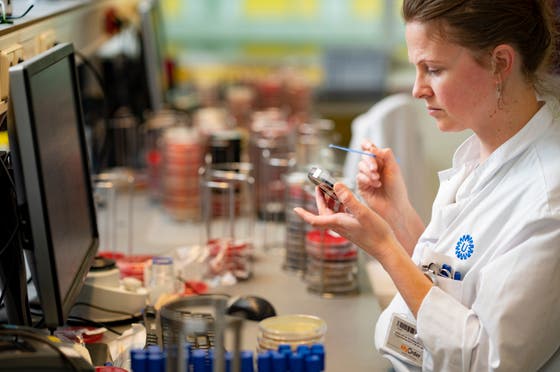
Radboudumc and UMC Utrecht will investigate whether health care workers are better protected against the coronavirus after a vaccination against tuberculosis (BCG vaccine). This vaccine does not directly protect against the coronavirus, but provides a boost to the immune system, which may lead to improved protection against the coronavirus and a milder infection.
Read moreDec 16: Flu antiviral has bigger benefits for sicker, older patients
A Europe-wide study conducted over three flu seasons finds that the antiviral drug, oseltamivir, can help people recover from flu-like illness about one-day sooner on average, with older sicker patients who have been unwell for longer recovering two-to-three days sooner.
Read moreDec 13: Pneumococcal vaccine postpones ear infection
The pneumococcal vaccine that newborn babies receive postpones ear infection (otitis media) in young children. This was reported in PhD research by Sander Fortanier. "Ear infection is painful, regularly leads to a visit to the doctor and is an important reason for antibiotic use," he explains.
Read moreNov 22: Biomarkers reflect disease activity in juvenile dermatomyositis
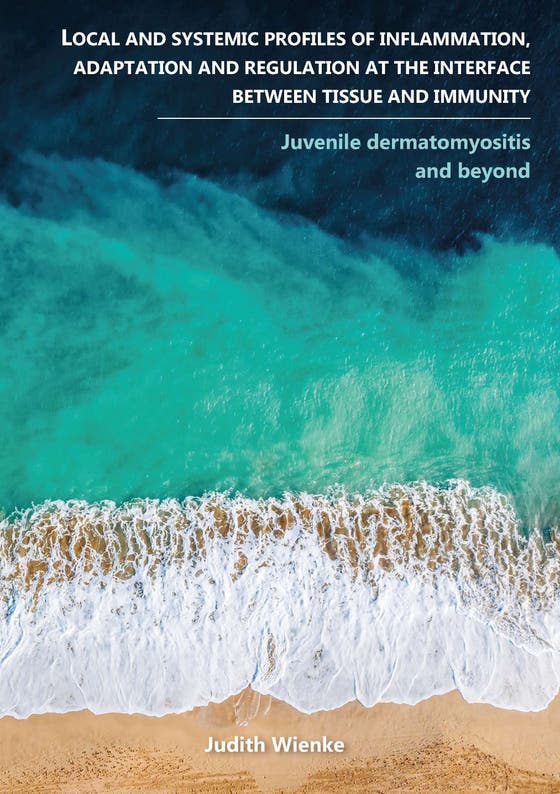
Biomarkers galectin-9 and CXCL10 reliably reflect disease activity of juvenile dermatomyositis (a systemic inflammatory disease starting in childhood), and may also predict disease severity and response to treatment.
Read moreNov 21: Rapid diagnostics improves patient flow during the flu season

The introduction of a rapid diagnostic test for respiratory viruses such as the influenza virus reduces the time to diagnose flu from 40 to 4 hours. As a result, isolation measures can be applied in a more targeted manner, as a result of which the flow from the ER department to the nursing wards improves, resulting in fewer capacity issues. In addition, patients can be treated with antiviral medication more targeted and faster.
Read moreNov 6: Poor adherence to guidelines and increased costs with molecular test in gastroenteritis
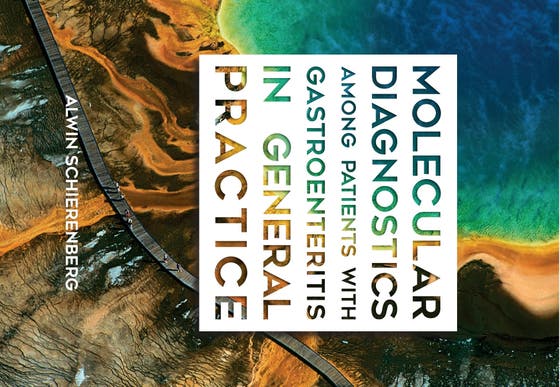
Current general practice management of gastroenteritis – including diagnostic feces testing (DFT) – demonstrates poor adherence to guidelines. Use of a new molecular feces test is associated with a 22 percent increase of costs when compared to traditional feces testing. The new test would have changed clinical decision making with regard to antibiotic treatment in 1 out of 12 patients. This was concluded by Alwin Schierenberg in his PhD research at UMC Utrecht.
Read more
